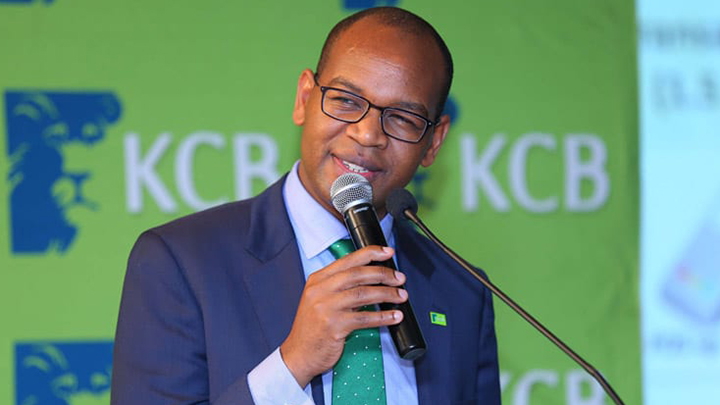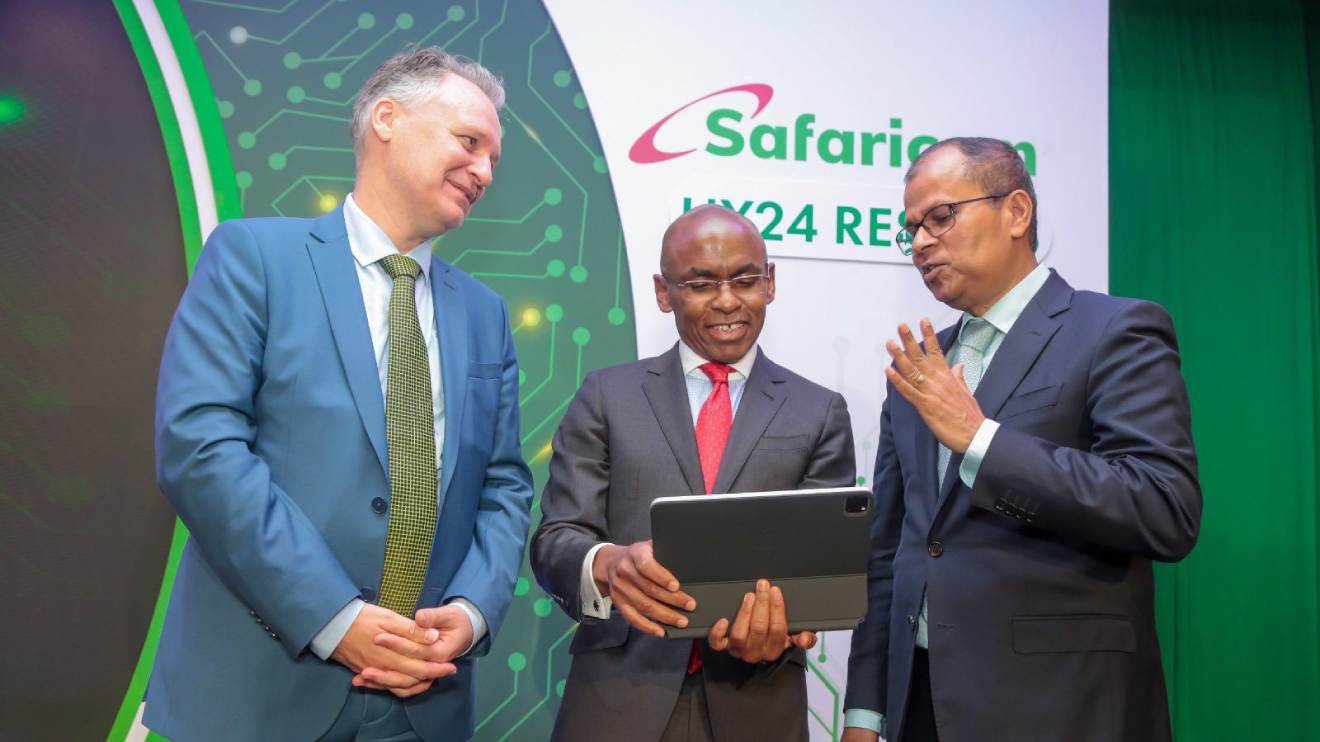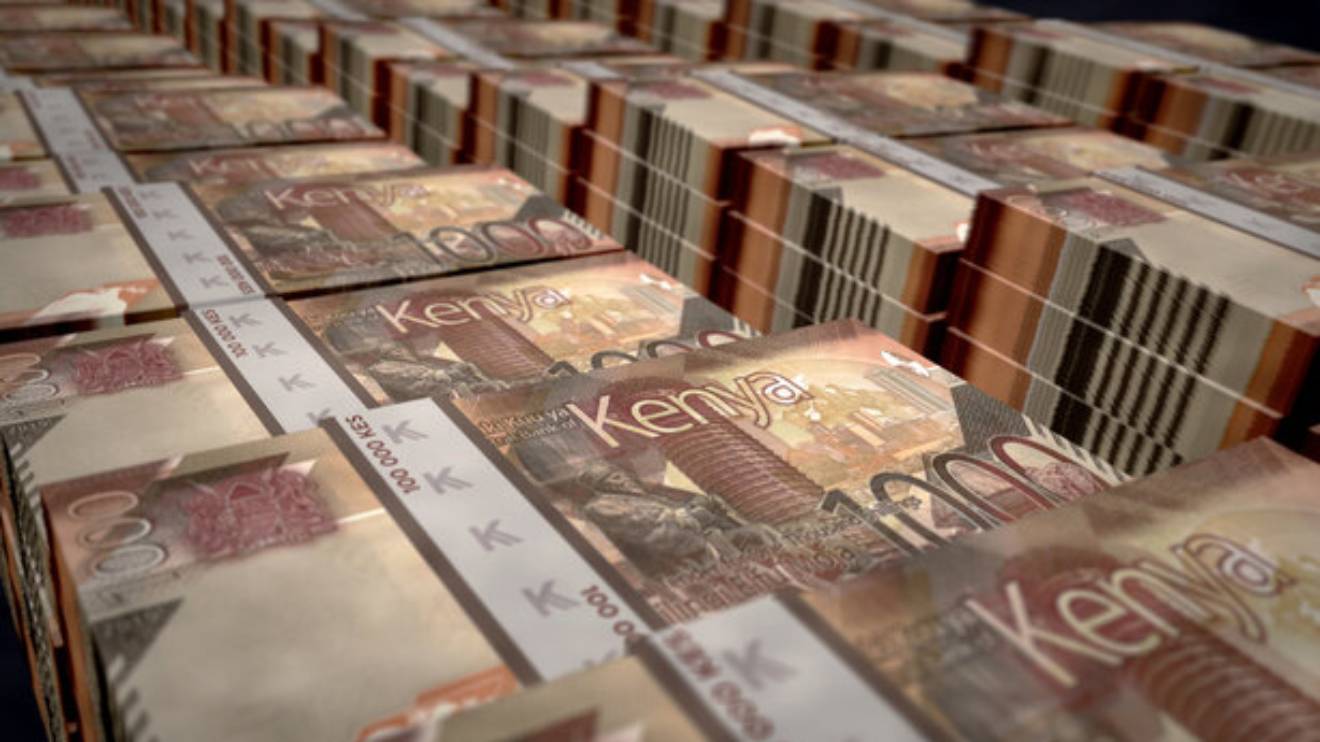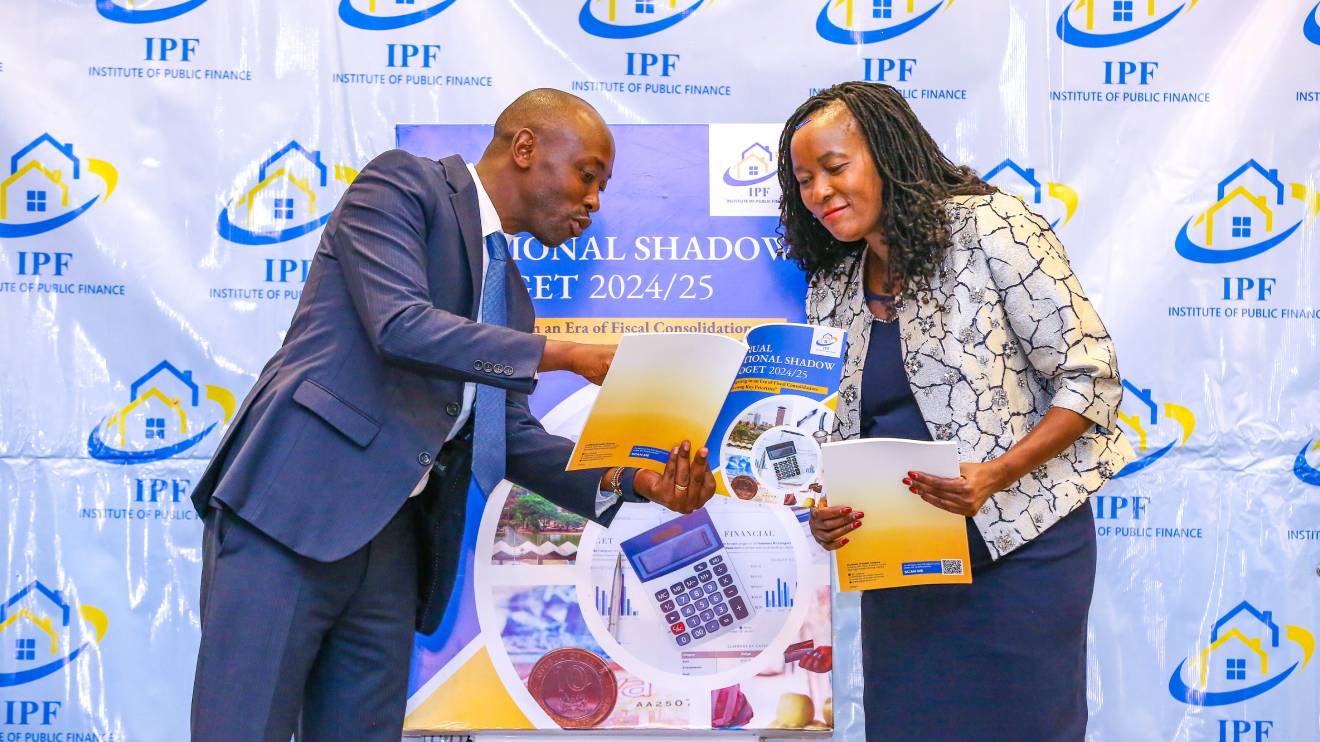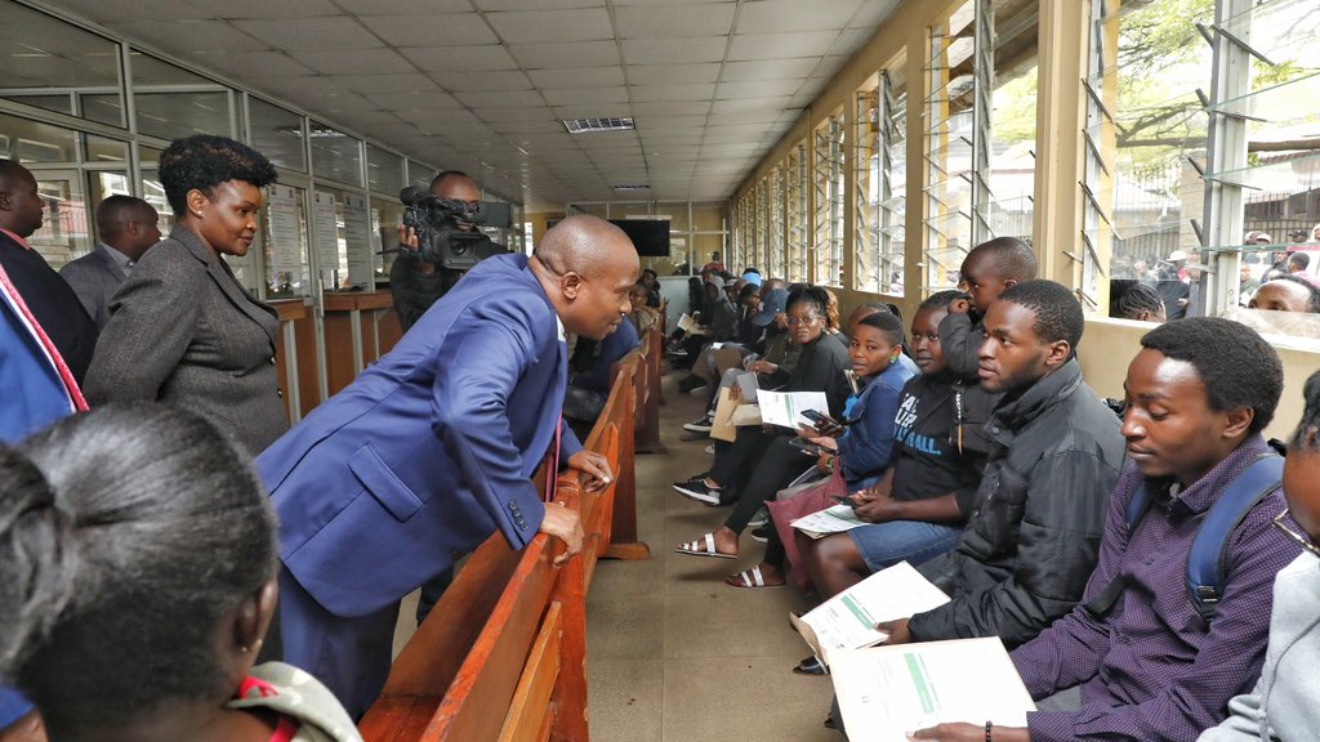KCB Group Plc has announced that its profit after tax has more than doubled to Sh25.2 billion for the nine months ending September 2021.
The net profit rose from Sh10.9 billion last year, representing a 131 per cent jump, driven by higher income and reduced provisions as recovery from the pandemic accelerated in quarter three.
“This is the strongest quarter for us since the COVID-19 pandemic struck 20 months ago, with clear signs of economic recovery across key sectors. While we are cautiously optimistic of the prospects, especially due to the dynamic nature of the healthcare crisis, we project that the worst is behind us,” said KCB Group CEO and MD Joshua Oigara.
Oigara added, “Our focus was on cost management, cash preservation and driving sustainable business growth. Our resolve to support our customers to navigate the crisis has helped them pick up from the subdued business environment.”
KCB Group recorded a 16 per cent rise in total income to Sh79.9 billion, on account of higher interest income driven by a rise in earning assets, higher non-interest income based on rise in transactional volumes, FX income and lower cost of funding.
Read More
At Sh34.7 billion during the period, expenses rose by 9 per cent on account of increased staff costs partially offset by a decrease in other operating expenses as the Group rolled out cost management initiatives to ring-fence the business from the impact of the pandemic.
Key Financial Highlights
• Balance Sheet – Increased 15 per cent to Sh1.122 trillion.
• Customer gross loans – Increased 12 per cent to Sh718 billion on improved lending in Kenya, Uganda and Rwanda.
• Customer Deposits – Stood at Sh859 billion, an 11 per cent jump due to organic growth in Kenya.
• Profit after Tax - Up 131 per cent from Sh10.9 billion to Sh25.2 billion.
• Revenue - Increased 16 per cent to Sh79.9 billion on account of increase in interest income driven by increase in earning assets, non-funded income, and lower cost of funding.
• Non-funded income – Increased by 10 per cent on increased customer transactions.
• Costs - Up by 9 per cent to Sh34.7 billion.
During the period, the cost of risk improved to 200 bps driven by reduced provisions in corporate and digital loans, while the ratio of non-performing loans (NPL) decreased from 15.1 per cent to 13.7 per cent.
Provisions were 53 per cent lower to end the period at Sh9.3 billion from Sh20 billion a similar period last year.
The stock of NPL rose marginally to KShs.98.1 billion, from KShs.97 billion posted the same period last year mainly from KCB Bank Kenya and partially offset by a reduction in National Bank of Kenya, KCB Bank Rwanda, and KCB Bank Tanzania stock.
KCB’s Total assets increased by 15 per cent to Sh1.12 trillion, driven by organic growth across its businesses and following its acquisition of Banque Populaire du Rwanda (BPR) in Rwanda.
Customer deposits stood at Sh859 billion, an 11 per cent jump largely due to growth in Kenya as gross loans rose 12 per cent to Sh718 billion due to improved lending in Kenya, Uganda and Rwanda.
Shareholders’ equity also experienced a 20 per cent growth from Sh136 billion to Sh163 billion on improved profit for that period.
Total capital stood at Sh173.5 billion, which represented a total capital to risk-weighted assets ratio of 20.6 per cent against a regulatory minimum of 14.5 per cent.
The Group’s core capital as a proportion of total risk-weighted assets closed the period at 17.3 per cent against the Central Bank of Kenya (CBK) statutory minimum of 10.5 per cent.
The Directors have approved an interim dividend of KShs.1.00 for every ordinary share of KShs.1.00 held. The dividend will be paid on or about Friday, January 14, 2022, to shareholders on the register at the close of business on Thursday, December 9, 2021.
“In anticipation of a stronger 2022 and a more sustained recovery, we are deepening our focus on supporting various sectors of the economy such as MSMEs as we walk with our customers to regain the lost foothold due to the Covid-19 crisis,” said Oigara.
He added, “We are making strategic investments to deepen our regional play while building a sustainable business for the future that is anchored on people, planet and profits.”

